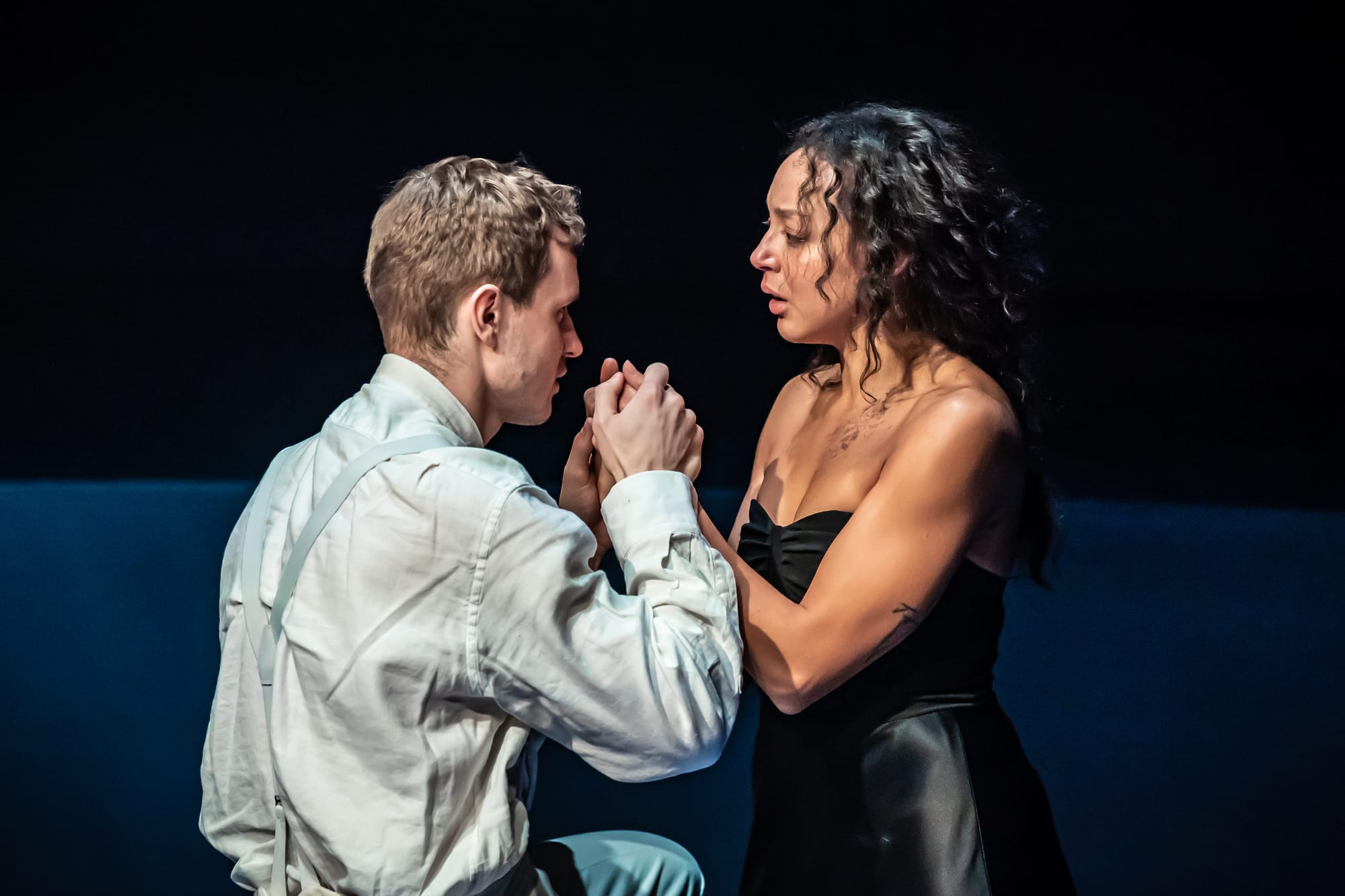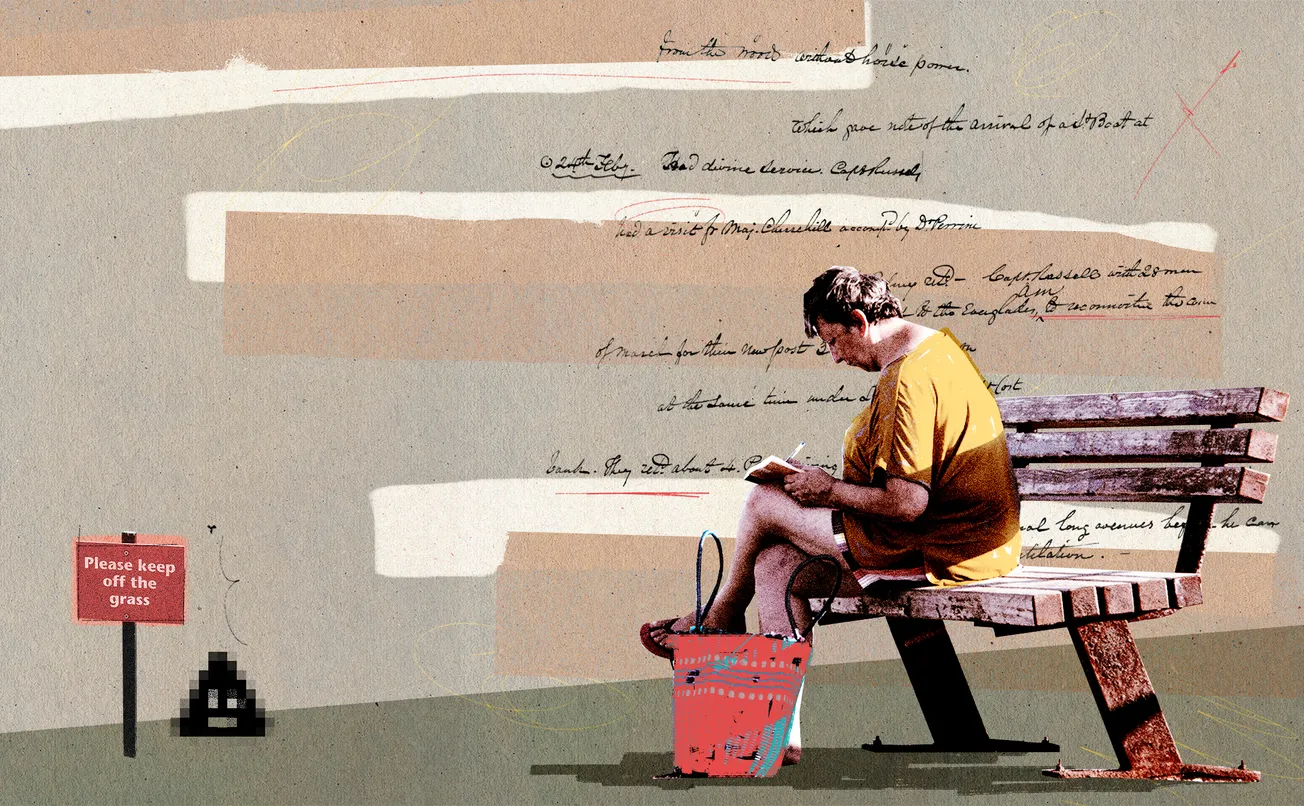Good morning readers. Today’s weekend read is a review of the Crucible’s new adaptation of Tolstoy's classic Anna Karenina. Our editor Sophie Atkinson went along on Thursday and was blown away by the production.
Yesterday, we sent our 577 paying members a piece about a Sheffield MP who served on the board of a church which has been accused of practicing gay conversion therapy. To read the full story subscribe using the button below.
If there is a God, I hope he resembles Tolstoy writing Anna Karenina. Tolstoy sees each character’s flaws with perfect clarity, loves them all the better for their imperfections. Here is the country landowner Levin on his intellectual brother’s specific flavour of goodness:
“Konstantin Levin regarded his brother as a man of great intelligence and education, noble in the highest sense of the word, and endowed with the ability to act for the common good. But, in the depths of his soul, the older he became and the more closely he got to know his brother, the more often it occurred to him that this ability to act for the common good…was perhaps not a virtue, but on the contrary, a lack of something…his brother took questions about the common good and the immortality of the soul no closer to heart than those about a game of chess or the clever construction of a new machine.”
Anna Karenina is so endlessly subtle and clever about true goodness and fake goodness and moral weakness and the way we hurt each other and get hurt. Yes, there is truckloads of plot, which is part of the reason the novel spools out over almost 900 pages. But most of the really crucial moments in the book take place in the characters’ minds — not in punchy “Aha!” lightbulb moments, but in pages upon pages of intimate prose. So on hearing that the Crucible was putting on Tolstoy’s book as a play, distilling all of that shadow and subtlety into 2.5 hours of theatre, I thought: disaster. How could it be otherwise?

The Crucible are hardly the first to put on Tolstoy’s novel as a play — they are using Liverpudlian playwright Helen Edmundson’s adaptation, which was first performed by the theatre company Shared Experience in Winchester in 1992.
It seems a big, swaggery move on the part of director Anthony Lau to opt for Anna Karenina. The ballsiness of his choice is undeniably cool, because it was either going to sink or swim. It seems impossible to score a tepid “Yeah, it was pretty good!” with a story everyone has so many feelings about.
The cast seemed a bit uncertain and wobbly in the opening minutes and for a moment, this seemed the way the play would sink: born down by collective anxiety. But soon enough the nerves came off them in vapour and over the next hours, they built and built and built. So was the Crucible’s version of Anna Karenina up to much? Reader, I pretty much levitated.

Let’s talk about the script. Whether you are a writer or a reader or care even the least bit about plot and structure, you will find it an ingenious thing. You may want to hold it up to the light, examine it from different angles. Edmundson writes in her introduction to the play that two questions preoccupied her on thinking about the novel: “why Tolstoy had chosen to put these stories together? What is the relationship between Anna and Levin?” And indeed, many adaptations focus purely on the affair between Anna, a married woman, and cavalry officer Count Vronsky and their illicit love story. By doing so, they omit the meatiest part of the book: the focus on landowner Levin; his attempt to find meaning in work and his courtship of Kitty. As Edmundson puts it: “Without Levin, Anna Karenina is a love story, extraordinary and dark, but essentially a love story. With Levin it becomes something great.”
Edmundson’s script puts these two characters and their very different stories in dialogue with one another. When, early on, Levin asked Anna “And where are you now?” shortly after Anna had asked what had happened to Levin in Moscow, I stifled an eye roll. Were they really going to spend hours doing this, going back and forth? Wouldn’t it feel hokey and wooden? But this does not just become seamless, it starts to feel like the emotional centre of the play.

But what of Anna? While every actress presumably pines for the role, it has always seemed like a bit of a poisoned chalice. Anna’s dissolution is so lengthy and extreme, it seems like the hardest character in the world to play without veering into melodrama. Adelle Leoncé is assured and easy in the role. She makes full use of the Crucible’s pit-like stage and spends hours pacing round it, back and forth, like a caged animal, bringing home the inherent claustrophobia of her situation. She leaps up onto the stage’s lip and down again roughly 50 times — this is not just an emotional marathon, but a physical one, and she never breaks a sweat.
Vronsky is equally difficult. There’s a blankness at the centre of the character which is arguably written in on purpose, so the love story Russian dolls a horror story: Anna does not lose her mind over Vronsky because he is so remarkable. It is horrifying precisely because Vronsky is unremarkable and she is in thrall to him anyway. Tolstoy’s point, perhaps, is that the sort of love that Anna experiences is like a terminal illness: it’s bad luck that it happens to you and it’s completely senseless. One day, you meet some handsome nothingy guy, the next day you blow up your entire life over him. Sex Education star Chris Jenks is enjoyably vacant in the role, which sounds like a horrible compliment-insult, but is exactly what the character demands.
It’s difficult to discuss Douggie McMeekin as Levin without going into raptures and it’s embarrassing to gush that hard. Let’s leave it at this: best performance of the cast.

Lau’s directorial choices are mostly very sharp. He is excellent at emphasising an often-forgotten aspect of the novel: it is very funny. He turns up the volume on the humour in the work by crafting major moments out of minor characters. Stiva, Anna’s adulterous brother, is supposed to be both universally and wildly well-liked and a bit contemptible (a combination that sometimes skews abstract on the page). Actor Solomon Israel plays him with so much charisma and relish that Stiva becomes one of the most compelling characters in a very watchable cast. The novel’s Princess Betsy sometimes feels like a plot device, rather than a fully realised character: a way of bringing Anna and Vronsky into each other’s orbits. Actor Sarah Seggari has fun with that flatness, turning Betsy into a cartoon character: she is a disreputable hedonist; hot and a tiny bit repellent; constantly boozing, feasting; spraying crumbs as she shouts; dancing in huge pink platforms.
The costume design is clever: the audience traces Anna’s unravelling via her outfit — she begins in a dress which reveals one of her shoulders, covers up the other (perhaps a bit too on the nose: Anna contains multitudes, she is both sensual and proper, madonna and whore!) and over the course of the play becomes increasingly messy, the up-do coming loose, the dress being transformed first into a ballgown, then into a negligee. Anna becomes grungier even as she seems more neurotically preoccupied with her looks, repeatedly asking those around her if she’s pretty.

Occasionally the contemporary-style staging gets a little too glitzy, a little too music video, and you might wish Lau would trust the quality of the material he has to work with more — the characters are gripping, the script is gripping, the audience doesn’t need constant bells and whistles to stay focused. His brash clubland version of Moscow is ugly and unsettling but perhaps not as sinister as its novelistic counterpart. But these are ultimately very minor gripes in the larger scheme of things.
It is cold and gauzy outside and winter feels like it’s going to drag on for another hundred years. After the final line was delivered, for half a breath, the audience remained joined in rapt silence, unwilling to break the dream of the play with applause. Anna Karenina might not have been at the top of your theatre-going wishlist, but miss Lau’s rendition? You’ll be missing a trick.

Comments
How to comment:
If you are already a member,
click here to sign in
and leave a comment.
If you aren't a member,
sign up here
to be able to leave a comment.
To add your photo, click here to create a profile on Gravatar.







